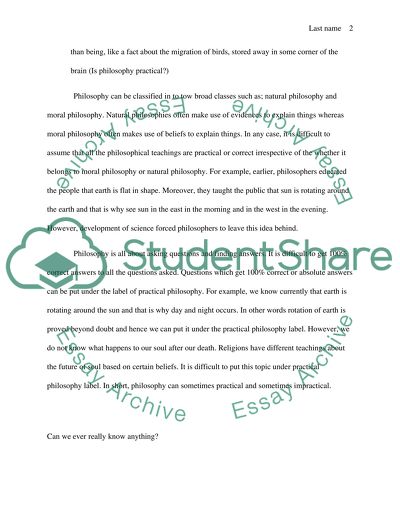Cite this document
(“Philosophy As The Origin Of Every Sort Of Knowledge Term Paper”, n.d.)
Retrieved from https://studentshare.org/environmental-studies/1420682-philosophy-as-the-origin-of-every-sort-of-knowledge
Retrieved from https://studentshare.org/environmental-studies/1420682-philosophy-as-the-origin-of-every-sort-of-knowledge
(Philosophy As The Origin Of Every Sort Of Knowledge Term Paper)
https://studentshare.org/environmental-studies/1420682-philosophy-as-the-origin-of-every-sort-of-knowledge.
https://studentshare.org/environmental-studies/1420682-philosophy-as-the-origin-of-every-sort-of-knowledge.
“Philosophy As The Origin Of Every Sort Of Knowledge Term Paper”, n.d. https://studentshare.org/environmental-studies/1420682-philosophy-as-the-origin-of-every-sort-of-knowledge.


